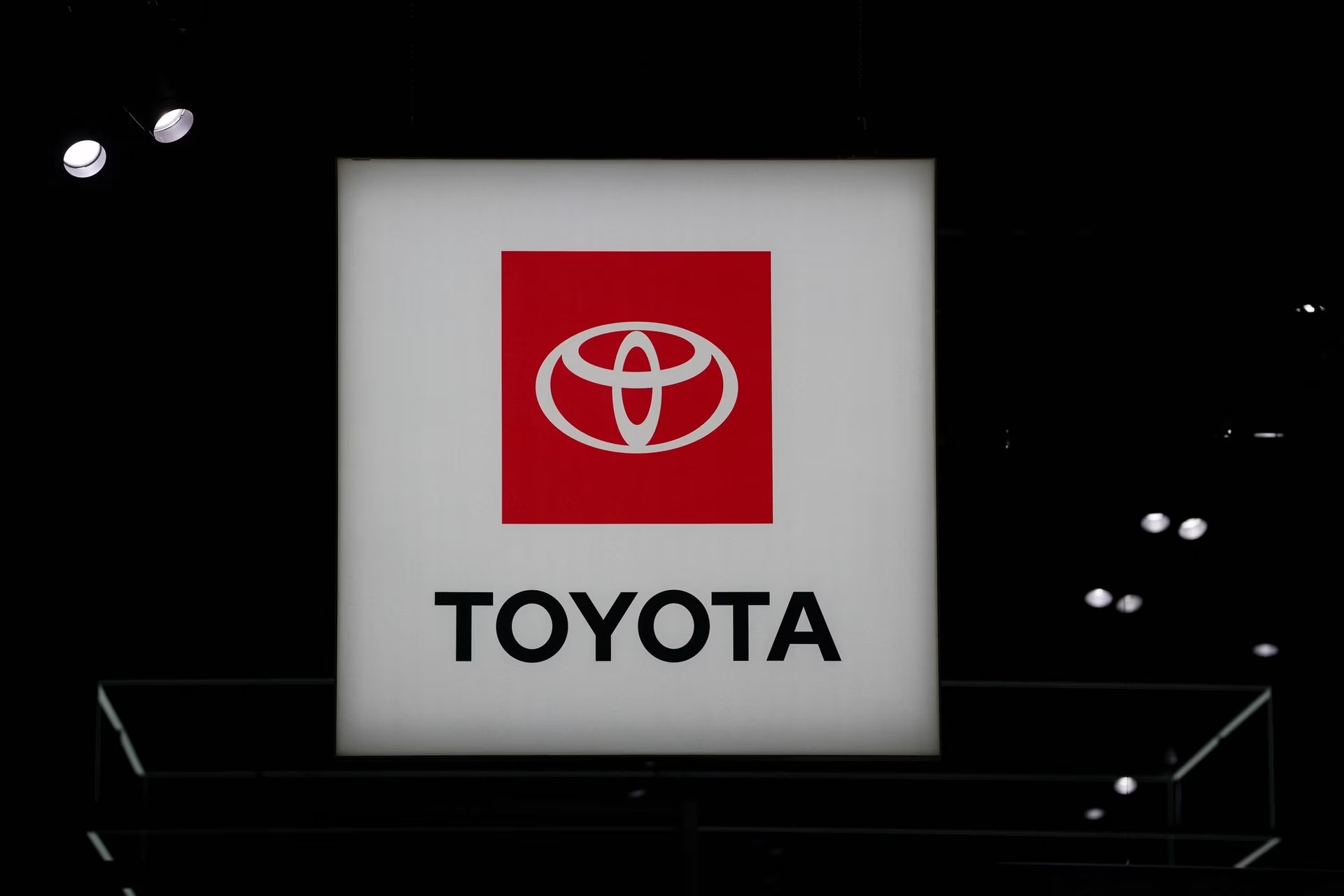TOKYO, Dec 4 (Reuters) – Toyota Motor (7203.T) said on Monday it would increase its line-up of battery electric vehicles in Europe to six models by 2026 and it expected such vehicles to make up more than 20% of new car sales in the region by then.
The world’s largest automaker by sales said in a statement it expected to sell more than 250,000 battery-powered vehicles annually in Europe by 2026, as it seeks steep growth in a market where it has long been overtaken by rivals.
On top of a battery EV the company is currently selling in Europe and a compact sports utility vehicle (SUV) concept it already showcased last year, Toyota unveiled two new concepts for models that it plans to sell in the region later this decade.
One was a concept model for a battery-powered small SUV that it plans to launch in Europe in 2024 and the other was a concept for a sports crossover model that is scheduled for introduction in 2025, Toyota said in statements.
Toyota is targeting sales of 1.5 million battery-powered vehicles a year globally by 2026.
Sales of fully electric cars in the European Union (EU) were up more than half over the first 10 months of the year compared to the same period a year earlier, data from the European Automobile Manufacturers Association showed last month.
Toyota had the fifth-biggest total auto market share in the EU for the 10 months through October, seeing its share decline slightly from the previous year to just under 7%, the data showed.
Battery powered vehicles accounted for 1% of Toyota’s worldwide sales of about 8.5 million vehicles over the first 10 months of the year, including those of its luxury Lexus brand.
Toyota also said it would set up a business unit focusing on hydrogen in Europe as it seeks to commercialise the technology by developing fuel-cell systems and supporting commercial partnerships for it.
The announcement came after Toyota executives said in July the company would focus on selling hydrogen-powered trucks and cars in Europe and China.
A hydrogen fuel-cell vehicle uses an electric motor like an EV but draws power from a fuel stack where hydrogen is separated by a catalyst to produce electricity. Toyota sold about 3,500 fuel-cell vehicles globally over the January-October period.
Reporting by Daniel Leussink and Mariko Katsumura; Editing by Lisa Shumaker and Jamie Freed











